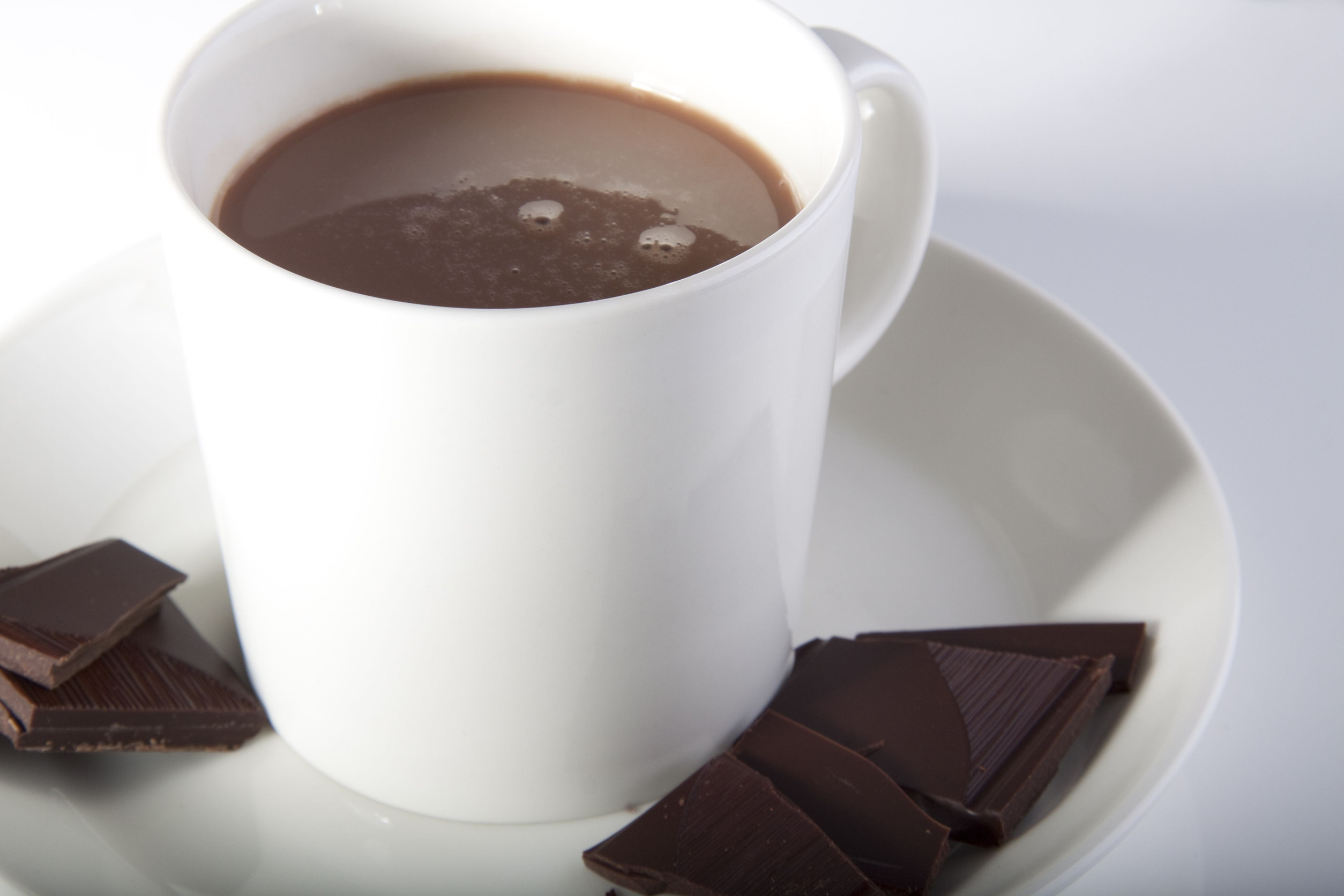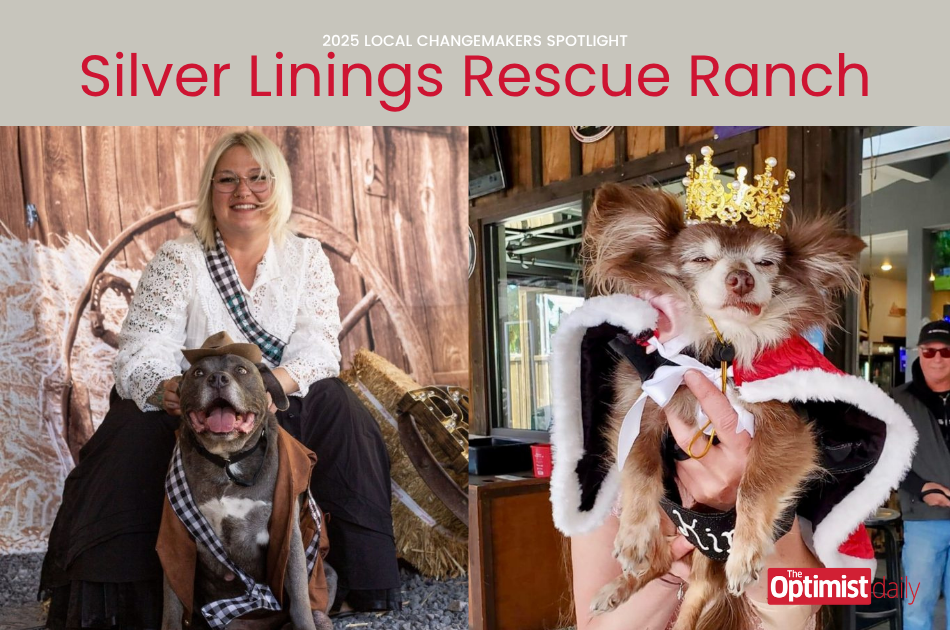It seems like these days the headlines just go from bad to worse. Whether it’s melting glacial sheets, apocalyptic fires, or police violence, it’s pretty easy to feel like giving up on the world by mid-morning. When it comes to the climate crisis, this bombardment of negative news, combined with the disheartening feeling that one person’s actions will do little to slow the tide of environmental degradation, makes it easy to fall into what Eric Holthaus calls “climate doom”.
In this week’s Thought Leader Series, Holthaus reminds us that it’s far easier to simply say “we’re screwed” than to look realistically and critically at the parts of society we can change to manifest climate healing on earth. He writes, “It’s often easier to imagine the apocalypse than the systemic changes necessary in every aspect of society to steer us away from oblivion.”
Holthaus encourages us all to adopt an attitude and action plan of “harm reduction”. This concept is widely used to de-escalate violence and self-harm. Instituting sanitized needle distribution and legalizing marijuana for instance are examples of harm reduction around drug use.
When it comes to the planet, harm reduction means celebrating every ton of carbon that doesn’t enter our atmosphere. Yes, we need to regulate big business and transition to a renewable energy sector, but we also need to find victory in biking to work rather than driving or switching to reusable containers rather than single-use plastics.
We have made strides to act on climate change. Historical examples like the Montreal Protocol demonstrate that effective international climate action is possible, and the technology at our disposal today makes it easier than ever to implement these critical changes. We also know that if everyone in the world ate meat at one less meal per week or started composting, we would drastically cut emissions.
We encourage you to find empowerment in every small harm reduction action you take today. All our choices play a role in climate solutions. Follow the link below to read the full article from Holthaus.










